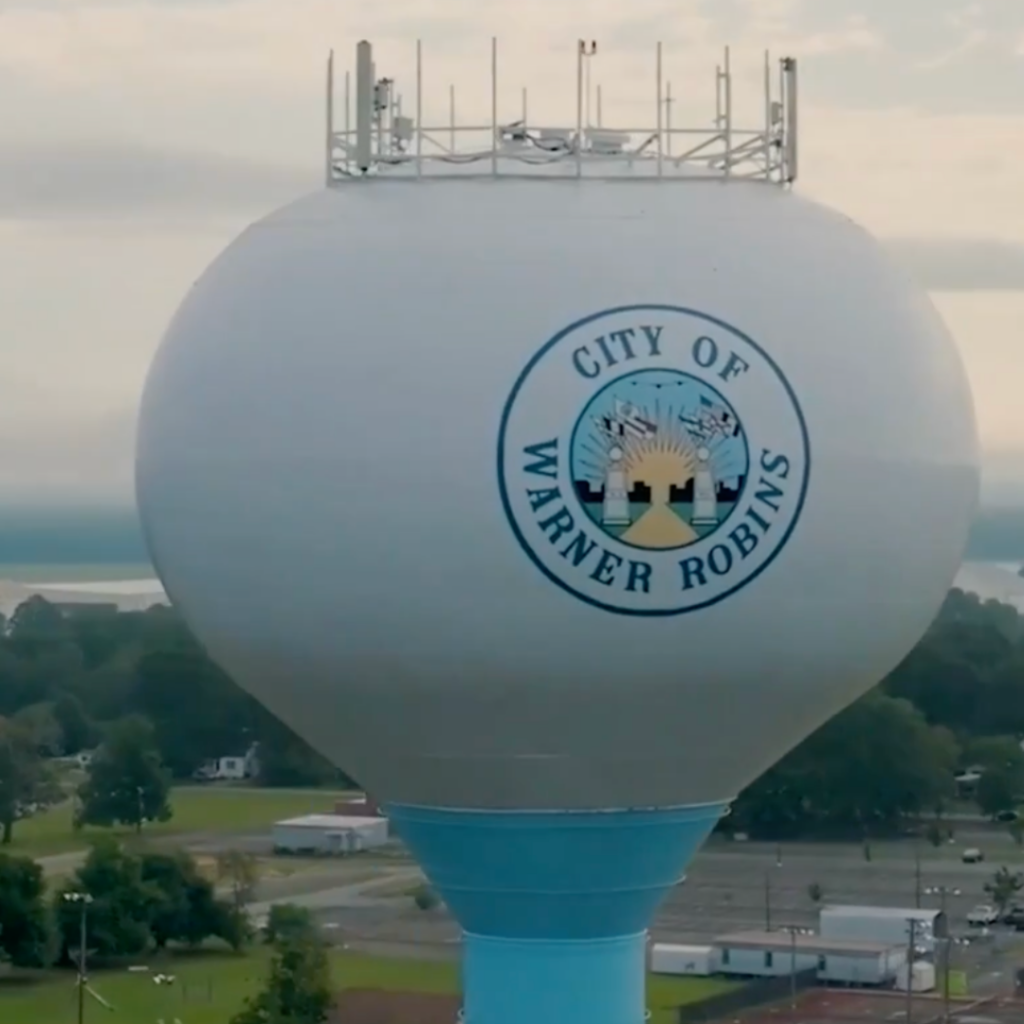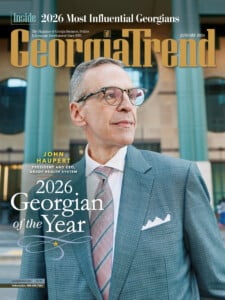Investing the State’s Surplus
 Whoever coined the inane phrase “more money, more problems” never met a legislator (or for that matter, anybody whatsoever). As we enter the bleakest part of Georgia’s calendar and the days are short, the temperatures are low and the skies are often gray, the Georgia General Assembly kicks off the 2024 legislative session flush with cash to spend as they enter an election year when they’ll all be on the ballot.
Whoever coined the inane phrase “more money, more problems” never met a legislator (or for that matter, anybody whatsoever). As we enter the bleakest part of Georgia’s calendar and the days are short, the temperatures are low and the skies are often gray, the Georgia General Assembly kicks off the 2024 legislative session flush with cash to spend as they enter an election year when they’ll all be on the ballot.
With a surplus of billions, Gov. Brian Kemp has said he’s willing to loosen the purse strings to fund priorities while cautioning against using short-term cash to create long-term obligations. What he is saying is that he isn’t in the market for a new high-dollar program, but obviously some new spending increases, such as pay raises for state employees, will set a new baseline and carry forward in the years ahead. There’s no way to totally avoid that. With that in mind, here are some ideas for smartly investing the state’s surplus in ways that will pay dividends for taxpayers.
State Employee Pay: Technology has allowed the state to shrink its workforce dramatically over the decades, creating efficiencies that save taxpayers big-time. But state employees from meat inspectors working for the Department of Agriculture to prison guards at the Department of Corrections to social workers on the front lines of saving the lives of vulnerable children earn wages so low it’s difficult to recruit and retain workers. In a full-employment economy like what we have today, this results in constant turnover as workers find higher pay doing less stressful work.
With a surplus of billions, Gov. Brian Kemp has said he’s willing to loosen the purse strings to fund priorities while cautioning against using short-term cash to create long-term obligations.
In recent years, the governor and legislators have given across-the-board pay raises of the same amount rather than percentage increases. This benefits employees on the lowest end of the pay scale, where turnover is highest. Some agencies – such as the State Patrol – face workforce shortages. Georgians depend on these workers, and the state needs to raise salaries to stay competitive. A recent state study found that a $5,000 state worker pay raise immediately increased recruitment and retention. With the cost of living rising, all employees need a raise, but maybe our surplus can give a little extra help to the lowest-paid employees.
Mental Healthcare: Every time there’s a mass shooting, there’s a call for greater access to mental healthcare. The state passed landmark mental health legislation in 2021, but House-passed legislation to take the next steps stalled in the state Senate, with some raising objections to the price tag. This legislation will address the number of beds we need in the state and expand the workforce. This is an opportunity to address one of the most pressing issues of our time.
Parent Choice: Last year, the Senate passed legislation that would give Georgia families living in school zones performing in the bottom 25% up to $6,500 toward private school tuition, but it lost in a House floor vote even though it had the strong support of Kemp and Speaker Jon Burns.
Though parent-choice advocates would like to broaden the scope of the bill to expand opportunities for more children, this is at least a start on an issue where Georgia lags its neighboring states. At bare minimum we need to give options to students trapped in failing schools. This will widen the educational horizons of kids in need but will also boost the skills of our future workforce.
Transportation Infrastructure: A full-employment economy means lots of commuters joined by 40 million trucks on Georgia roads and ever-longer trains that block intersections, according to the Georgia Transportation Alliance (GTA). These trucks and trains are delivering the products we want and need, many trucks straight to our doorstep. The GTA predicts the freight carried on Georgia roads will increase by 91% by 2050. Investments in our ports, roads and rail pay a handsome return on investment for taxpayers – the state Department of Transportation estimates 9:1 – but we also need to make a down payment on these priorities because clogged traffic wastes our time, stresses us out, wastes fuel and pollutes our environment. This pays for a better quality of life.
Times of surplus don’t come around often. Smart choices by legislators in 2024 could mean that when the day comes that we inevitably have “less money” we don’t necessarily have “more problems.”
Brian Robinson is a regular political commentator for Fox 5 and co-host of WABE’s Political Breakfast podcast.
OPINION







